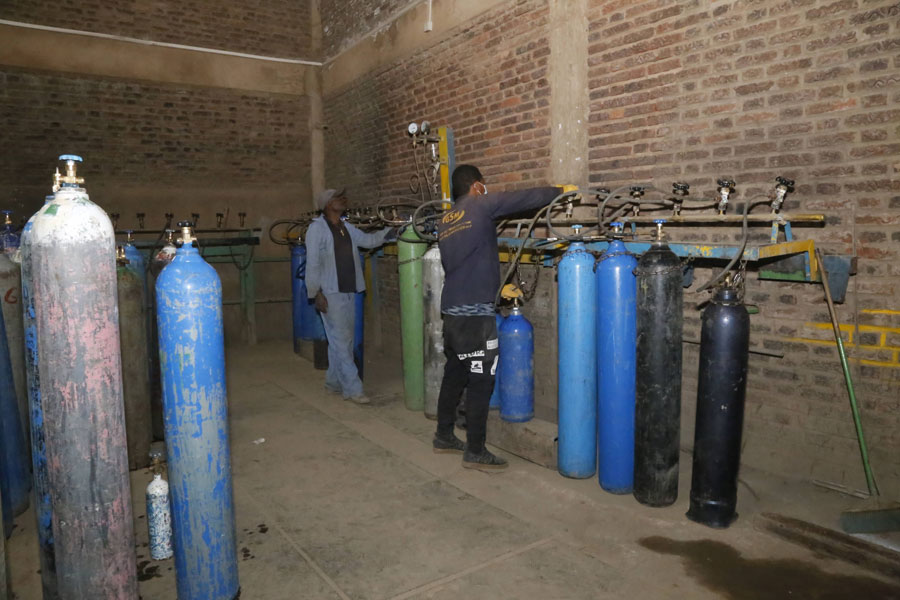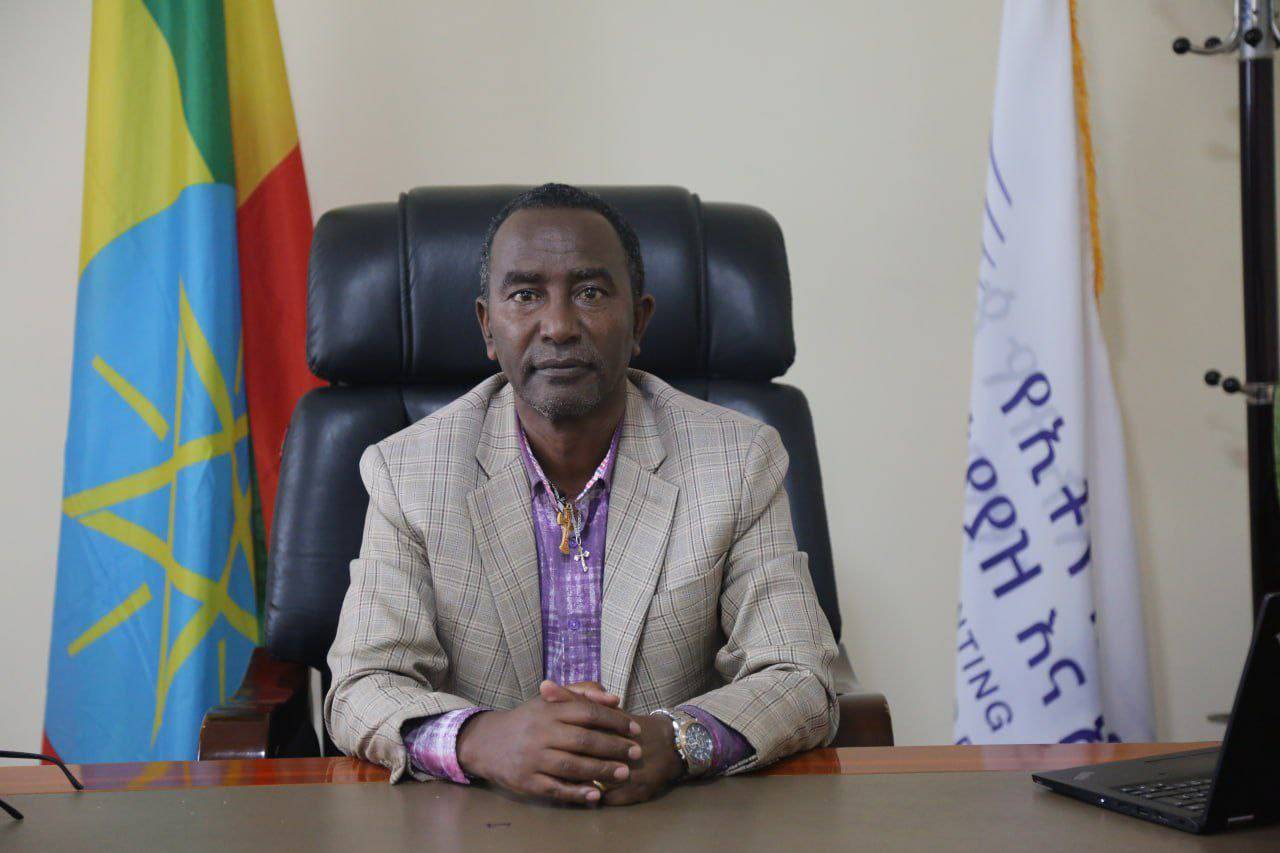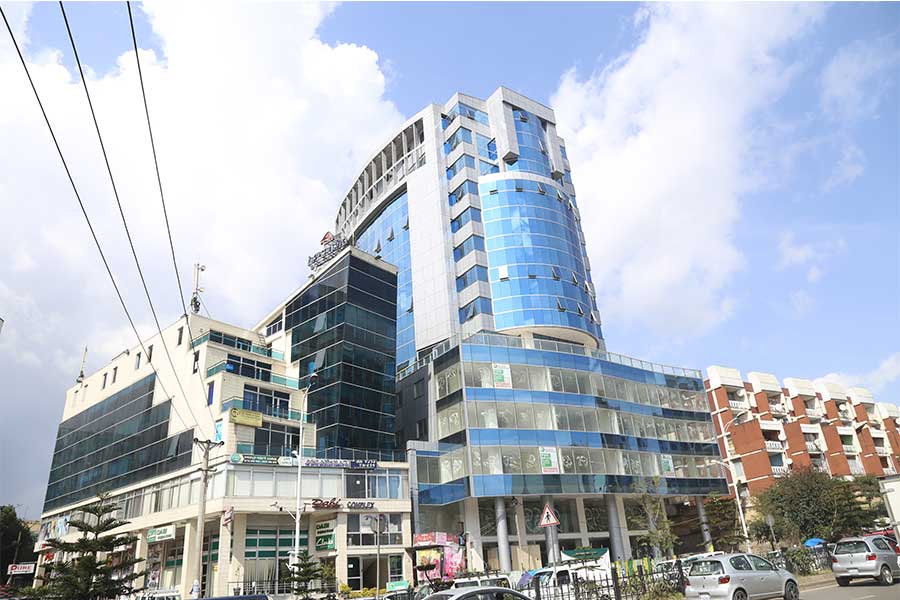
Radar | Apr 19,2025
Sep 10 , 2022
By Christian Tesfaye
The Council of Ministers made a very important decision earlier this month to allow foreign investment into the financial sector. The Council approved a policy that lays the foundation for liberalising the finance sector.
Much work needs to be done before any foreign bank sets foot in Ethiopia. Proclamations and regulations need to follow the liberalisation policy. No doubt, the latter is no small thing. It puts to rest years of speculation on whether the financial sector would be opened up and the government’s appetite for it. It guides potential investment and provides certainty.
Still, it is unclear if it would translate into success unless packaged with an array of economic reforms – at the very least, capital account liberalisation. If this is not the case, it is hard to make a good investment case for Ethiopia. The fact that this is not talked about more misses the point that financial sector liberalisation is just one piece of the puzzle in addressing structural imbalances in Ethiopia’s economy.
Too many people assume that international banks worldwide, from Goldman Sachs to HSBC, are salivating for Ethiopia's financial sector, ready to jump in at the first possible opening. Not really. For the prominent international players, which have trillions of dollars under management, this is such a tiny market that it would not register much in their balance books even if they make a profit. It would have to be a very long-term investment.
The more obvious sources of investment are, to name a few, South African banks such as Standard and Absa banks, the Kenyan Equity Bank, and the Nigerian Ecobank. These banks are established in countries all over central, south and east Africa, including the likes of South Sudan. It will not surprise anyone that these foreign bank presences have not transformed anybody’s economy; to no fault of their own.
Under what legal structure banks will be allowed to register in Ethiopia is unknown. It is largely expected to be under joint ventures, with foreign investors limited to non-controlling interests, allegedly to protect the national interest. This means that the capital investment is likely not to be much; probably just a fraction of the fee paid by Safaricom to get a telecom license.
In fact, Ethiopia is going to face the same issues when it liberalises the financial sector as it does in its other industries. It is a bit like getting excited about manufacturing sector liberalisation. It does not mean that investors armed with foreign currency are falling over themselves to enter Ethiopia’s market.
There are several reasons why foreign direct investment (FDI) shies away from Ethiopia. There are challenges with skilled human power, infrastructure, political instability and bureaucratic hurdles. These factors are just as much a worry to financial services companies interested in entering Ethiopia as any other FDI.
Most crucial, though, is capital account liberalisation, which matters to the financial sector more than most others. There is the issue of repatriating profits. Once an investor enters Ethiopia, profits are locked away with banks in Birr. They can use it to reinvest (as many do), but at some point shareholders in other countries want to see their return on investment in cash (not in Birr, which is useless outside of Ethiopia). Foreign banks worry about this too.
More than that, the availability of foreign currency matters as a business segment unto itself. As things stand now, I see foreign banks that set up in Ethiopia offer more foreign currency to their customers than domestic banks, but not much more. As long as foreign exchange rules are not softened, their foreign currency business in Ethiopia will be subsidised by forex generated elsewhere. This is not very attractive to foreign investors.
The government is moving in the right direction but the celebration is too early.
PUBLISHED ON
Sep 10,2022 [ VOL
23 , NO
1167]


Radar | Apr 19,2025

Agenda | May 15,2021

Radar | May 12,2024

Viewpoints | Mar 12,2022

Fortune News | Apr 16,2022

Fortune News | Sep 21,2025

Sunday with Eden | Jun 01,2019

Commentaries | Aug 28,2021

Featured | Sep 28,2019

Fortune News | Oct 14,2023

Photo Gallery | 178187 Views | May 06,2019

Photo Gallery | 168398 Views | Apr 26,2019

Photo Gallery | 159168 Views | Oct 06,2021

My Opinion | 137055 Views | Aug 14,2021
Commentaries | Oct 25,2025

Dec 22 , 2024 . By TIZITA SHEWAFERAW
Charged with transforming colossal state-owned enterprises into modern and competitiv...

Aug 18 , 2024 . By AKSAH ITALO
Although predictable Yonas Zerihun's job in the ride-hailing service is not immune to...

Jul 28 , 2024 . By TIZITA SHEWAFERAW
Unhabitual, perhaps too many, Samuel Gebreyohannes, 38, used to occasionally enjoy a couple of beers at breakfast. However, he recently swit...

Jul 13 , 2024 . By AKSAH ITALO
Investors who rely on tractors, trucks, and field vehicles for commuting, transporting commodities, and f...

Oct 25 , 2025
The regulatory machinery is on overdrive. In only two years, no fewer than 35 new pro...

Oct 18 , 2025
The political establishment, notably the ruling party and its top brass, has become p...

Oct 11 , 2025
Ladislas Farago, a roving Associated Press (AP) correspondent, arrived in Ethiopia in...

Oct 4 , 2025
Eyob Tekalegn (PhD) had been in the Governor's chair for only weeks when, on Septembe...

Oct 25 , 2025 . By YITBAREK GETACHEW
Officials of the Addis Abeba's Education Bureau have embarked on an ambitious experim...

Oct 26 , 2025 . By YITBAREK GETACHEW
The federal government is making a landmark shift in its investment incentive regime...

Oct 29 , 2025 . By NAHOM AYELE
The National Bank of Ethiopia (NBE) is preparing to issue a directive that will funda...

Oct 26 , 2025 . By SURAFEL MULUGETA
A community of booksellers shadowing the Ethiopian National Theatre has been jolted b...